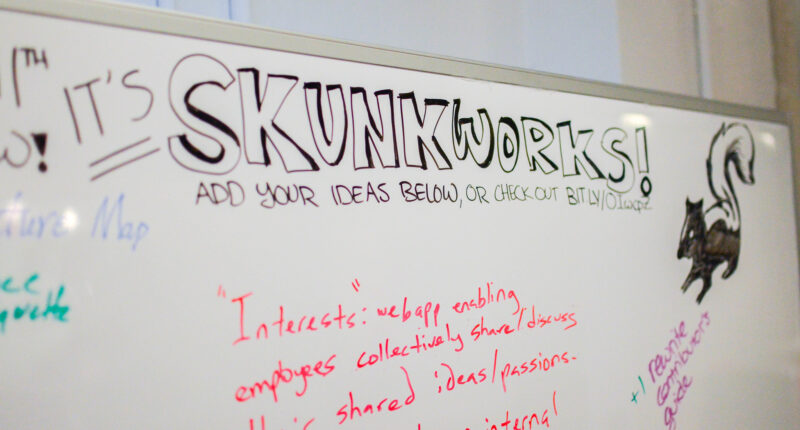Amazon, Microsoft, Google, Meta and OpenAI plan to spend at least $325 billion this year pursuing distinct AI visions ranging from enhanced search engines to human-level artificial general intelligence.
The companies are developing overlapping applications, including productivity tools, digital assistants, companion services and scientific research platforms, reports The New York Times.
Enhanced search represents the most immediate commercial opportunity, with ChatGPT already serving over 700 million monthly users who receive plain English answers rather than traditional web links. However, operating chatbots costs significantly more than conventional search engines, challenging established business models.
Office productivity tools constitute another primary focus, with AI systems now generating computer programs, summarising documents and drafting emails. Amazon Chief Executive Andy Jassy indicated that while 10% of new infrastructure supports AI development, 80-90% will deliver these services to customers.
Digital assistant integration spans consumer devices and online services, with Meta embedding AI into smart glasses for landmark identification and translation, whilst Amazon enhances its Alexa voice system. These applications aim to control how users interact with internet services.
AI companionship services represent a more controversial development, with Meta and Character.AI offering virtual relationships through social networks. Some users already treat chatbots as friends, though the technology faces criticism for potentially damaging human relationships.
Scientific breakthrough applications target complex research challenges, with Anthropic Chief Executive Dario Amodei predicting that AI could help cure cancer and extend human lifespans. Google’s AlphaFold system, which recently won the Nobel Prize in Chemistry, demonstrates early progress in accelerating drug discovery.
The most ambitious goal involves artificial general intelligence that matches or exceeds human cognitive abilities. Multiple executives, including Meta’s Mark Zuckerberg, pursue this vision despite unclear monetisation strategies.
“You should expect OpenAI to spend trillions of dollars on things like data centre construction in the not-too-distant future,” said OpenAI chief executive Sam Altman, acknowledging the speculative nature of such investments.
Business adoption has accelerated, with nearly 80% of companies using generative AI according to McKinsey research. However, an equal proportion reports “no significant bottom-line impact” from the technology.
“Some of our competitors will flame out and some will do really well, and that’s just how capitalism works. I do suspect that someone is going to lose a phenomenal amount of money,” Altman stated.











